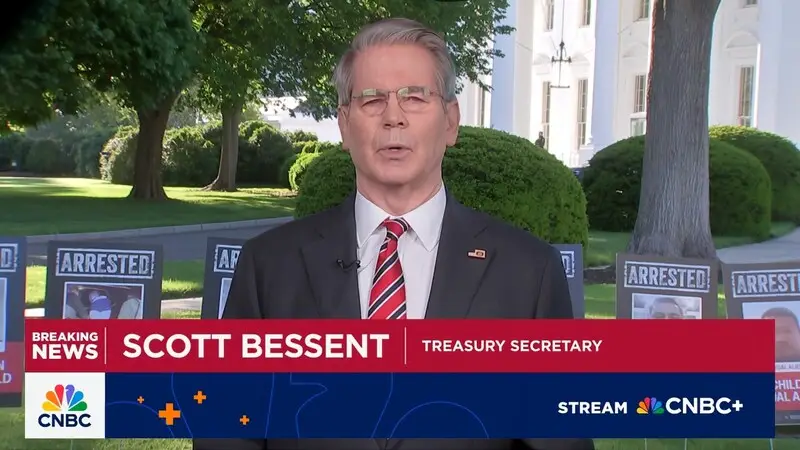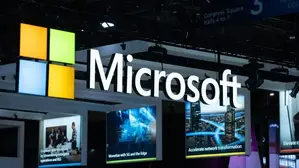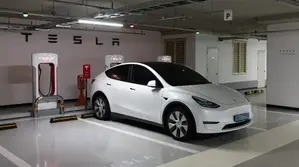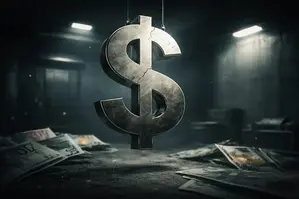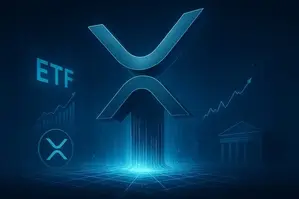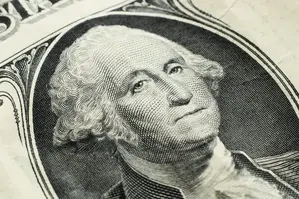Trump tariffs have escalated tensions between the world’s largest economies, with Treasury Secretary Bessent placing responsibility squarely on Beijing. With US tariffs on Chinese imports at 145% and China’s retaliatory duties at 125%, market volatility continues amid uncertain trade conditions.
Also Read: Flare’s Big Reveal: XRPFi to Empower XRP Holders with DeFi Solutions Starting Today
Will China De-Escalate the Trade War? Tariff Relief Depends on Beijing’s Next Move
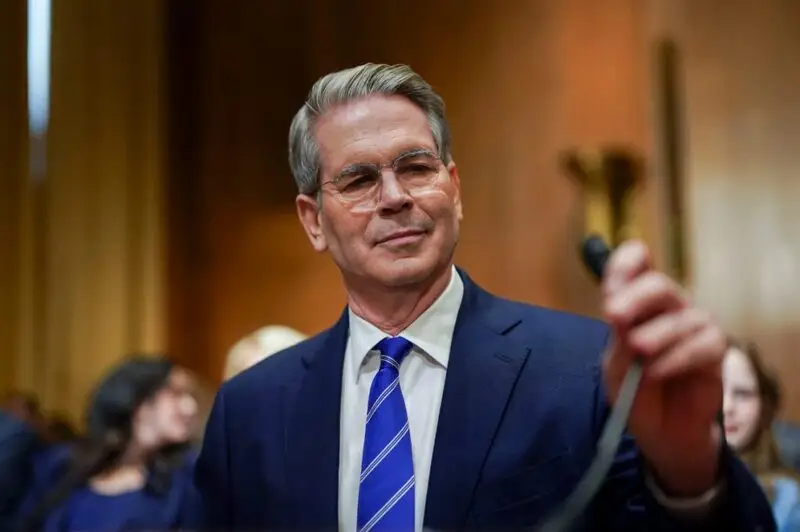
The China trade war has reached a critical point. Treasury Secretary Scott Bessent stated:
“I believe that it’s up to China to de-escalate, because they sell five times more to us than we sell to them, and so these 120%, 145% tariffs are unsustainable.”
Market Ups and Downs from Mixed Messages
Market volatility has intensified as President Trump claimed talks with Chinese President Xi Jinping—which Beijing denied. Trump added further confusion when he stated he would drop tariffs on China only if Beijing offers something “substantial” in return.
Reports show China quietly rolling back tariffs on some US semiconductor products and pharmaceuticals. These moves have given Wall Street hope for broader Trump tariffs relief after weeks of economic conflict.
Also Read: Bitcoin Could Soar to $210,000 in 2025, Predicts Presto’s Research Head
Economic Impact Takes Hold
Trump tariffs are already affecting multiple sectors. Cargo shipments from China have reportedly declined by approximately 60% since April’s tariff increase. Major retailers have issued warnings about potential supply shortages.
Bessent highlighted progress with other Asian partners:
“We’ve had many countries come forward and present some very good proposals, and we’re evaluating those.”
Future Outlook

Despite the China trade war tensions, Trump expressed optimism about future trade deals, telling Time magazine:
“I expect many trade deals to fall in place over the next three to four weeks.”
Bessent also suggested European concerns about currency strength:
“You’re going to see the [European Central Bank] start cutting rates to try to get the euro back down. Europeans don’t want a strong euro. We have a strong-dollar policy.”
Also Read: After TSMC-US Chip Expansion, How Will Intel (INTC) Respond
China de-escalation stands as the critical element which defines if businesses will achieve tariff relief when facing volatility on the market alongside the sustained China trade war.
